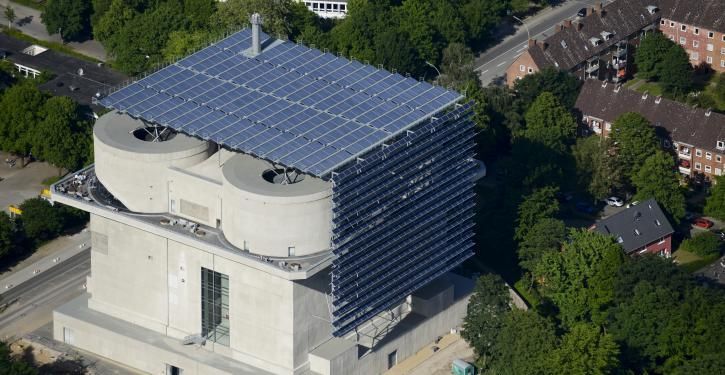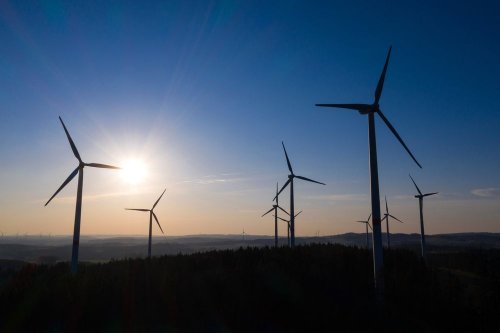In Germany, the first 1,500 certificates (HKN) were issued in Hamburg as part of the pilot register of guarantees of origin for green district heating.
The register was developed by the Hamburg Institute as part of the "IW3 – Integrated Heat Turnaround Wilhelmsburg" research project to open up new marketing opportunities, reports Energate Messenger.
The coordinator of the project at the Hamburg Institute, Oleksandra Stiles, explained that the experience of the electricity sector is currently being tested in the heating sector.
Thus, the energy company Hamburger Energiewerke uses the certified amount of thermal energy from its biomethane thermal power plant for a decentralized local heating network.
"For us as a municipal energy supplier, such a register will make a valuable contribution to the development of new products for our customers and the subsequent thermal transition," said Burkhard Warmuth, Head of Strategy at Hamburger Energiewerke.
In Germany, district heating networks are greening slowly, and many utilities still have a quota for renewable energy sources of less than 10%.
With the introduction of HKN, the amount of heat obtained from renewable energy sources or waste heat can be distributed among individual consumers. Thus, the IW3 register allows heat producers and suppliers to produce specific products for industrial companies, housing and communal services or private customers.
The first almost 1,500 certificates of origin of thermal energy from biomethane, each with a measurement unit of one MWh, were issued in May-July. At the next stage, the pilot operation is planned to be extended to other operators of Hamburg's heat networks and heat producers.
The message noted that the income from marketing should contribute to the refinancing of green thermal energy projects in the future.
"Our goal is to have a year of full thermal energy certification in 2023," Stiles explained.
The pilot project also contributes to the implementation of Article 19 of the Renewable Energy Directive (RED II) in Germany. After all, in addition to electricity, the Directive requires EU member states to have testing systems for gases such as biomethane and hydrogen , as well as heating and cooling systems based on renewable energy sources.
"First bill was published by the Federal Ministry of Economics in mid-August 2022. The experience of developing and operating the IW3 pilot registry can be included in the national process of implementing these systems," the material said.
Earlier, EcoPolitic wrote, that the European Commission approved the program developed by the German government of eco-modernization of centralized heating for €2.98 billion, which involves the use of RES, waste heat and decarbonization of existing networks.
As EcoPolitic previously reported, in Germany near Berlin, the Swedish utility company Vattenfall is building a 45-meter hot water storage tower, which will be used for heating residential buildings and hot water supply.





